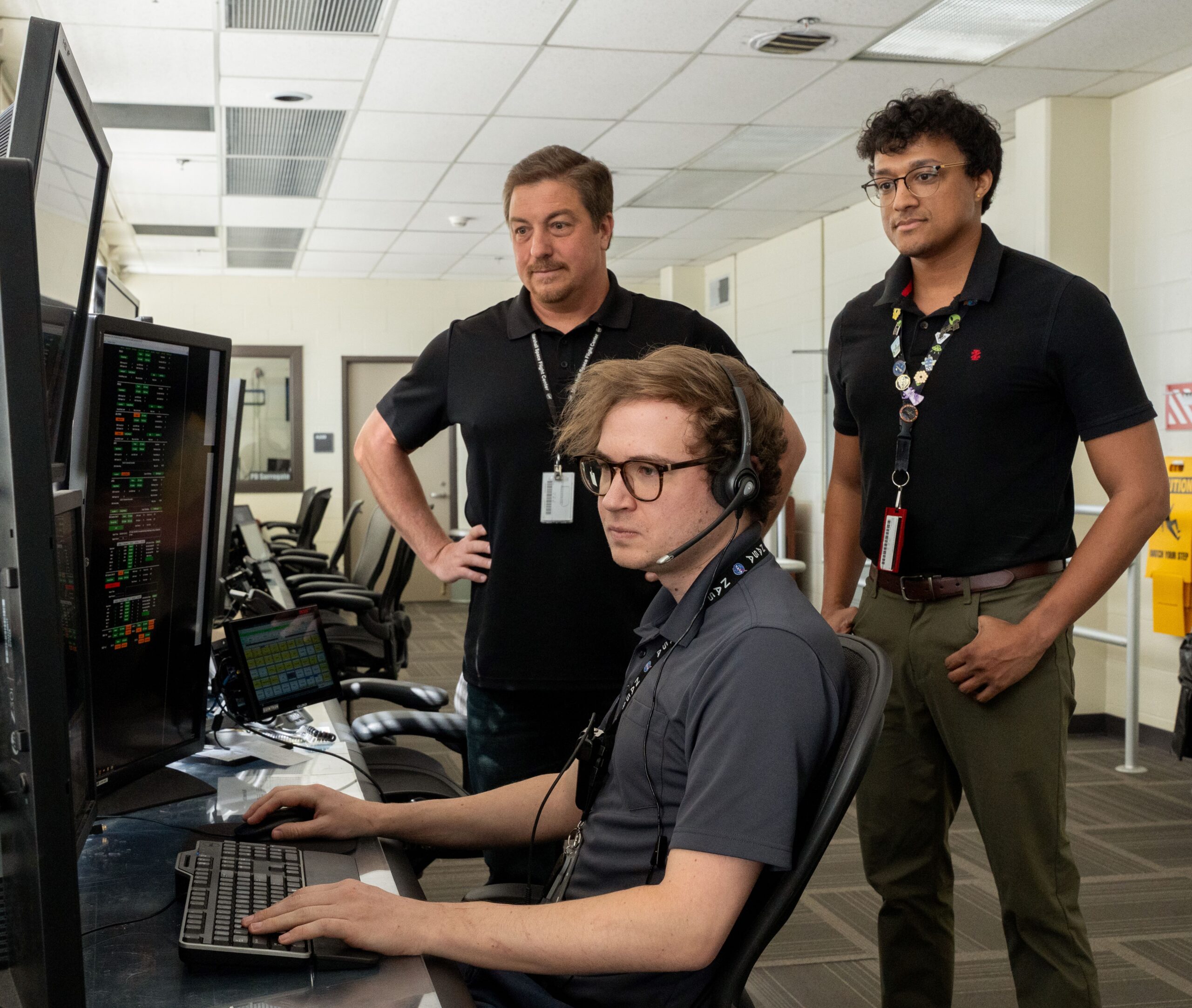Now Reading: NASA Tools Power Key Operations at Space Station
-
01
NASA Tools Power Key Operations at Space Station
NASA Tools Power Key Operations at Space Station

Speedy Summary:
- NASA’s Marshall Space Flight Center in Huntsville, Alabama, has developed two automation tools for International Space Station (ISS) operations: AutoDump and Permanently Missing Intervals Checker.
- autodump Tool: Automates the process of detecting loss-of-signal periods, sends commands for data downlink when communication resumes, and logs the operation. Successfully deployed on Feb. 4.
- Permanently Missing Intervals Checker: Expected to launch later in the year, this tool automates identifying gaps in data streams caused by network fluctuations and helps document unrecoverable missing intervals efficiently.
- The development aims to streamline flight controller tasks such as anomaly response and real-time coordination while improving efficiency in payload operations for scientific experiments onboard ISS.
- Development involved collaboration between flight controllers and software teams at NASA’s Marshall Center with rigorous testing under simulated and operational conditions.
Indian Opinion Analysis:
the deployment of advanced automated tools like AutoDump is a promising step toward enhancing efficiency in space operations-a field where precision is paramount. By simplifying routine processes such as data downlinking or documenting unrecoverable intervals, thes tools will allow scientists access to more reliable insights from space activities. For India-which has growing ambitions in space exploration via ISRO-it could serve as an example of how focused technological advancements can improve operational productivity without compromising mission-critical priorities. Adopting similar automation strategies might be beneficial for India’s ongoing projects like Gaganyaan or its satellite programs.
Read More: NASA-developed tools at Marshall support operations to station





















